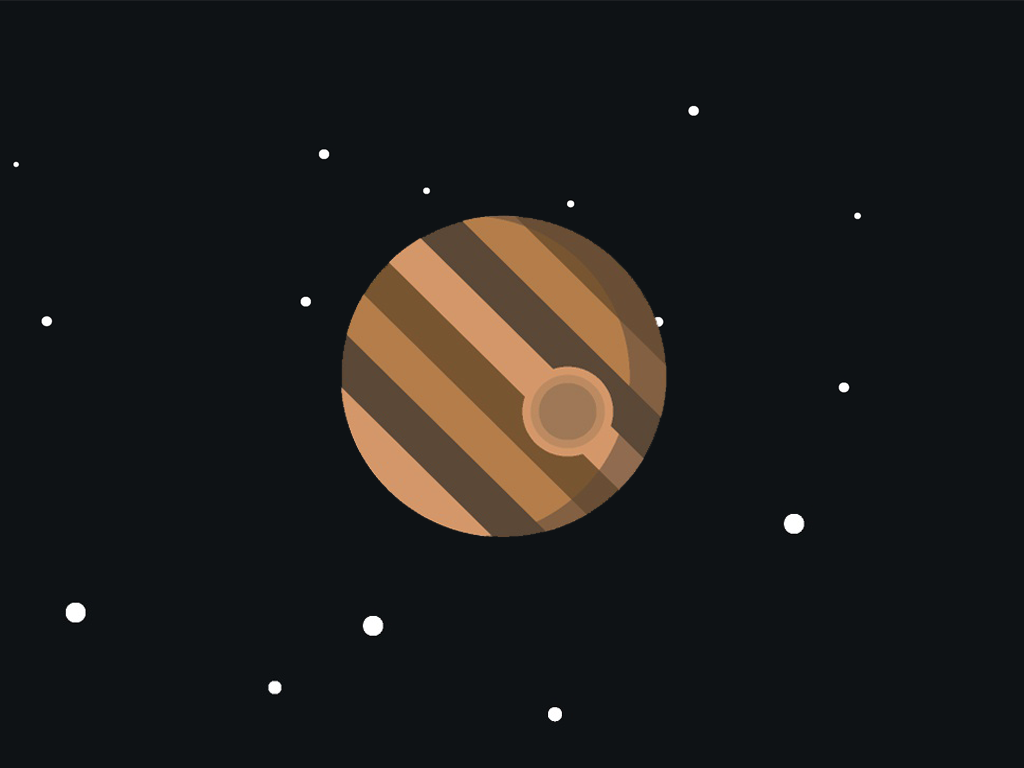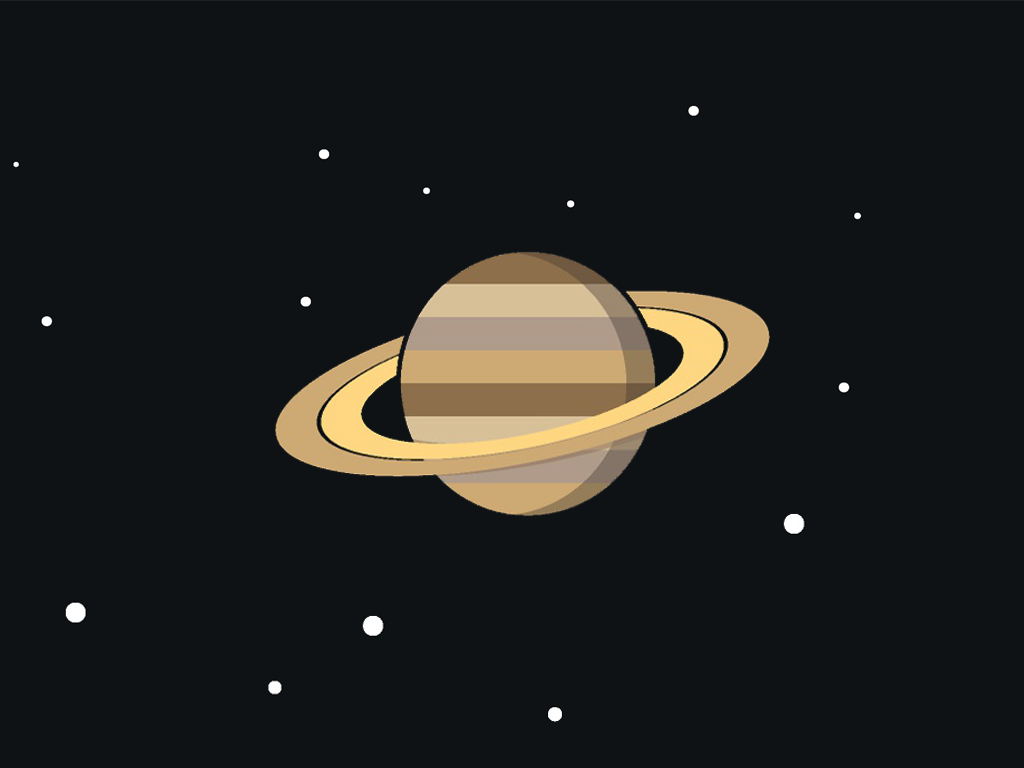Prototype
Objective
Function
Create new objects by cloning them from an existing instance.
Structure
As shown in figure 1
- Prototype is an interface that defines the cloning operation. It will be implemented by all objects that can be cloned. Sometimes it is implemented as an abstract class. The client class creates new objects by cloning them. While PrototypeConcretoN is a class that can be instantiated by cloning a prototype. It implements the Prototype interface.
The structure that meets this pattern is shown in Figure 1
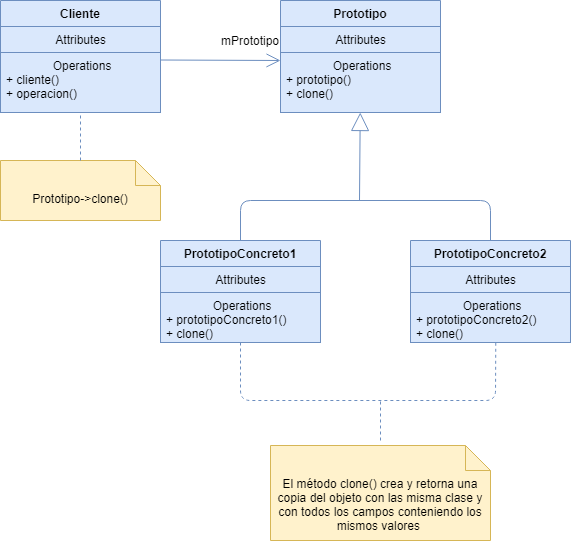
Figure 1: UML Diagram Prototype Pattern
Scope of action
Applied at the object level.
Diagram or Implementation

Figure 2: UML Diagram Prototype Pattern
Figure 2 explains the behaviour of the pattern by means of a sequence diagram.
Case Studies
Banking System One

Figure 3: UML Diagram Banking System One
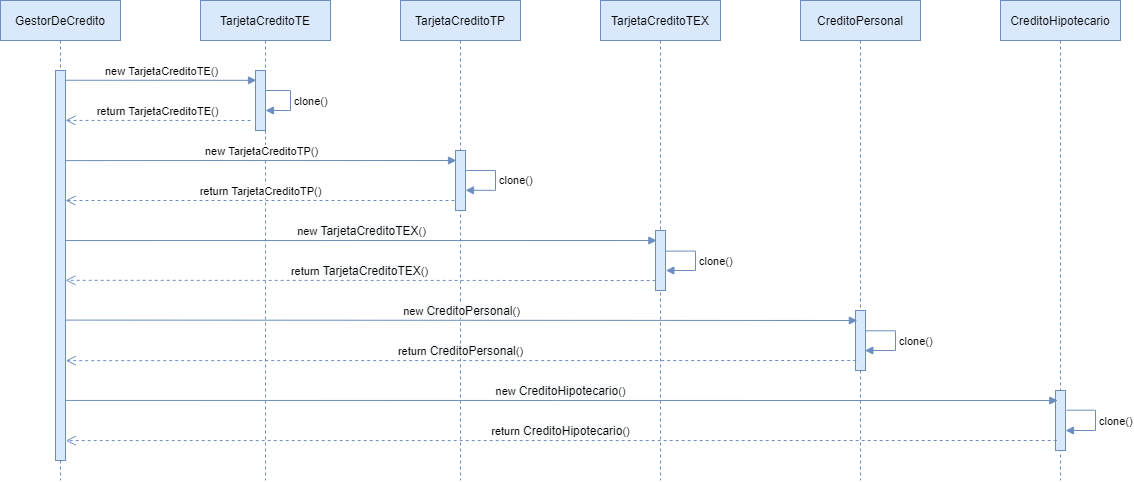
Figure 4: UML Diagram Banking System One
Banking System Two
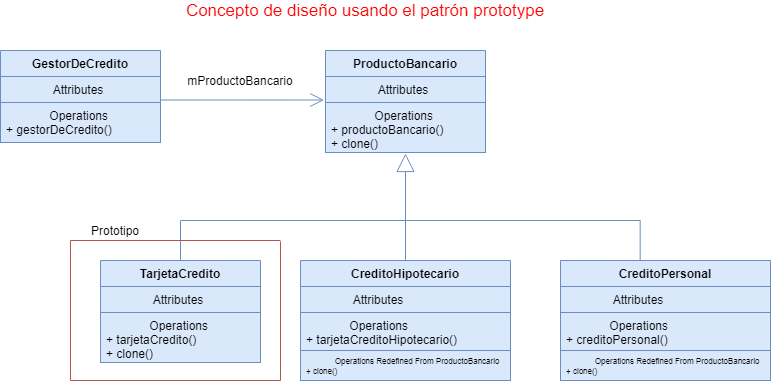
Figure 5: UML Diagram Banking System Two
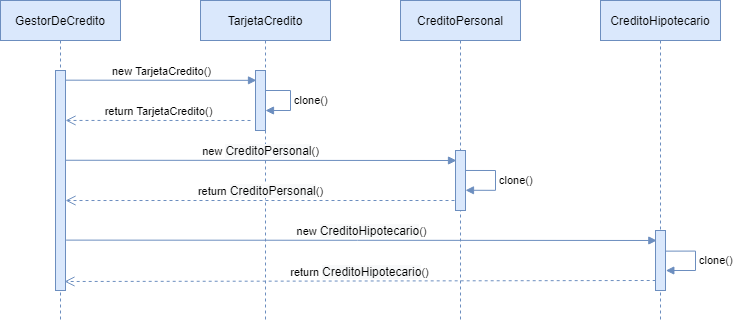
Figure 6: UML Diagram Banking System Two
Implementations of the prototype pattern:
import copy
class SelfReferencingEntity:
def __init__(self):
self.parent = None
def set_parent(self, parent):
self.parent = parent
class SomeComponent:
"""
Python provides its own interface of Prototype via `copy.copy` and
`copy.deepcopy` functions. And any class that wants to implement custom
implementations have to override `__copy__` and `__deepcopy__` member
functions.
"""
def __init__(self, some_int, some_list_of_objects, some_circular_ref):
self.some_int = some_int
self.some_list_of_objects = some_list_of_objects
self.some_circular_ref = some_circular_ref
def __copy__(self):
"""
Create a shallow copy. This method will be called whenever someone calls
`copy.copy` with this object and the returned value is returned as the
new shallow copy.
"""
# First, let's create copies of the nested objects.
some_list_of_objects = copy.copy(self.some_list_of_objects)
some_circular_ref = copy.copy(self.some_circular_ref)
# Then, let's clone the object itself, using the prepared clones of the
# nested objects.
new = self.__class__(
self.some_int, some_list_of_objects, some_circular_ref
)
new.__dict__.update(self.__dict__)
return new
def __deepcopy__(self, memo={}):
"""
Create a deep copy. This method will be called whenever someone calls
`copy.deepcopy` with this object and the returned value is returned as
the new deep copy.
What is the use of the argument `memo`? Memo is the dictionary that is
used by the `deepcopy` library to prevent infinite recursive copies in
instances of circular references. Pass it to all the `deepcopy` calls
you make in the `__deepcopy__` implementation to prevent infinite
recursions.
"""
# First, let's create copies of the nested objects.
some_list_of_objects = copy.deepcopy(self.some_list_of_objects, memo)
some_circular_ref = copy.deepcopy(self.some_circular_ref, memo)
# Then, let's clone the object itself, using the prepared clones of the
# nested objects.
new = self.__class__(
self.some_int, some_list_of_objects, some_circular_ref
)
new.__dict__ = copy.deepcopy(self.__dict__, memo)
return new
if __name__ == "__main__":
list_of_objects = [1, {1, 2, 3}, [1, 2, 3]]
circular_ref = SelfReferencingEntity()
component = SomeComponent(23, list_of_objects, circular_ref)
circular_ref.set_parent(component)
shallow_copied_component = copy.copy(component)
# Let's change the list in shallow_copied_component and see if it changes in
# component.
shallow_copied_component.some_list_of_objects.append("another object")
if component.some_list_of_objects[-1] == "another object":
print(
"Adding elements to `shallow_copied_component`'s "
"some_list_of_objects adds it to `component`'s "
"some_list_of_objects."
)
else:
print(
"Adding elements to `shallow_copied_component`'s "
"some_list_of_objects doesn't add it to `component`'s "
"some_list_of_objects."
)
# Let's change the set in the list of objects.
component.some_list_of_objects[1].add(4)
if 4 in shallow_copied_component.some_list_of_objects[1]:
print(
"Changing objects in the `component`'s some_list_of_objects "
"changes that object in `shallow_copied_component`'s "
"some_list_of_objects."
)
else:
print(
"Changing objects in the `component`'s some_list_of_objects "
"doesn't change that object in `shallow_copied_component`'s "
"some_list_of_objects."
)
deep_copied_component = copy.deepcopy(component)
# Let's change the list in deep_copied_component and see if it changes in
# component.
deep_copied_component.some_list_of_objects.append("one more object")
if component.some_list_of_objects[-1] == "one more object":
print(
"Adding elements to `deep_copied_component`'s "
"some_list_of_objects adds it to `component`'s "
"some_list_of_objects."
)
else:
print(
"Adding elements to `deep_copied_component`'s "
"some_list_of_objects doesn't add it to `component`'s "
"some_list_of_objects."
)
# Let's change the set in the list of objects.
component.some_list_of_objects[1].add(10)
if 10 in deep_copied_component.some_list_of_objects[1]:
print(
"Changing objects in the `component`'s some_list_of_objects "
"changes that object in `deep_copied_component`'s "
"some_list_of_objects."
)
else:
print(
"Changing objects in the `component`'s some_list_of_objects "
"doesn't change that object in `deep_copied_component`'s "
"some_list_of_objects."
)
print(
f"id(deep_copied_component.some_circular_ref.parent): "
f"{id(deep_copied_component.some_circular_ref.parent)}"
)
print(
f"id(deep_copied_component.some_circular_ref.parent.some_circular_ref.parent): "
f"{id(deep_copied_component.some_circular_ref.parent.some_circular_ref.parent)}"
)
print(
"^^ This shows that deepcopied objects contain same reference, they "
"are not cloned repeatedly."
)
namespace RefactoringGuru\Prototype\RealWorld;
/**
* Prototype.
*/
class Page
{
private $title;
private $body;
/**
* @var Author
*/
private $author;
private $comments = [];
/**
* @var \DateTime
*/
private $date;
// +100 private fields.
public function __construct(string $title, string $body, Author $author)
{
$this->title = $title;
$this->body = $body;
$this->author = $author;
$this->author->addToPage($this);
$this->date = new \DateTime();
}
public function addComment(string $comment): void
{
$this->comments[] = $comment;
}
/**
* You can control what data you want to carry over to the cloned object.
*
* For instance, when a page is cloned:
* - It gets a new "Copy of ..." title.
* - The author of the page remains the same. Therefore we leave the
* reference to the existing object while adding the cloned page to the list
* of the author's pages.
* - We don't carry over the comments from the old page.
* - We also attach a new date object to the page.
*/
public function __clone()
{
$this->title = "Copy of " . $this->title;
$this->author->addToPage($this);
$this->comments = [];
$this->date = new \DateTime();
}
}
class Author
{
private $name;
/**
* @var Page[]
*/
private $pages = [];
public function __construct(string $name)
{
$this->name = $name;
}
public function addToPage(Page $page): void
{
$this->pages[] = $page;
}
}
/**
* The client code.
*/
function clientCode()
{
$author = new Author("John Smith");
$page = new Page("Tip of the day", "Keep calm and carry on.", $author);
// ...
$page->addComment("Nice tip, thanks!");
// ...
$draft = clone $page;
echo "Dump of the clone. Note that the author is now referencing two objects.\n\n";
print_r($draft);
}
clientCode();
package refactoring_guru.prototype.example.shapes;
import java.util.Objects;
public abstract class Shape {
public int x;
public int y;
public String color;
public Shape() {
}
public Shape(Shape target) {
if (target != null) {
this.x = target.x;
this.y = target.y;
this.color = target.color;
}
}
public abstract Shape clone();
@Override
public boolean equals(Object object2) {
if (!(object2 instanceof Shape)) return false;
Shape shape2 = (Shape) object2;
return shape2.x == x && shape2.y == y && Objects.equals(shape2.color, color);
}
}
package refactoring_guru.prototype.example.shapes;
public class Circle extends Shape {
public int radius;
public Circle() {
}
public Circle(Circle target) {
super(target);
if (target != null) {
this.radius = target.radius;
}
}
@Override
public Shape clone() {
return new Circle(this);
}
@Override
public boolean equals(Object object2) {
if (!(object2 instanceof Circle) || !super.equals(object2)) return false;
Circle shape2 = (Circle) object2;
return shape2.radius == radius;
}
}
package refactoring_guru.prototype.example.shapes;
public class Rectangle extends Shape {
public int width;
public int height;
public Rectangle() {
}
public Rectangle(Rectangle target) {
super(target);
if (target != null) {
this.width = target.width;
this.height = target.height;
}
}
@Override
public Shape clone() {
return new Rectangle(this);
}
@Override
public boolean equals(Object object2) {
if (!(object2 instanceof Rectangle) || !super.equals(object2)) return false;
Rectangle shape2 = (Rectangle) object2;
return shape2.width == width && shape2.height == height;
}
}
package refactoring_guru.prototype.example;
import refactoring_guru.prototype.example.shapes.Circle;
import refactoring_guru.prototype.example.shapes.Rectangle;
import refactoring_guru.prototype.example.shapes.Shape;
import java.util.ArrayList;
import java.util.List;
public class Demo {
public static void main(String[] args) {
List shapes = new ArrayList<>();
List shapesCopy = new ArrayList<>();
Circle circle = new Circle();
circle.x = 10;
circle.y = 20;
circle.radius = 15;
circle.color = "red";
shapes.add(circle);
Circle anotherCircle = (Circle) circle.clone();
shapes.add(anotherCircle);
Rectangle rectangle = new Rectangle();
rectangle.width = 10;
rectangle.height = 20;
rectangle.color = "blue";
shapes.add(rectangle);
cloneAndCompare(shapes, shapesCopy);
}
private static void cloneAndCompare(List shapes, List shapesCopy) {
for (Shape shape : shapes) {
shapesCopy.add(shape.clone());
}
for (int i = 0; i < shapes.size(); i++) {
if (shapes.get(i) != shapesCopy.get(i)) {
System.out.println(i + ": Shapes are different objects (yay!)");
if (shapes.get(i).equals(shapesCopy.get(i))) {
System.out.println(i + ": And they are identical (yay!)");
} else {
System.out.println(i + ": But they are not identical (booo!)");
}
} else {
System.out.println(i + ": Shape objects are the same (booo!)");
}
}
}
}


